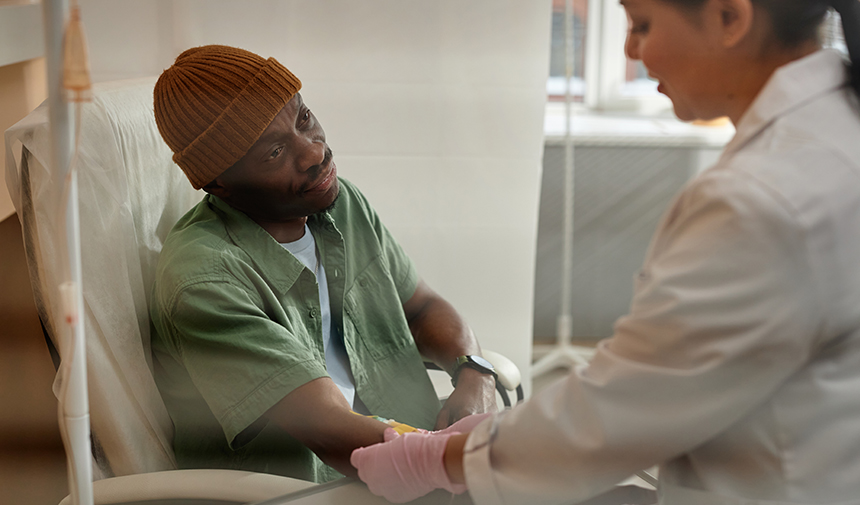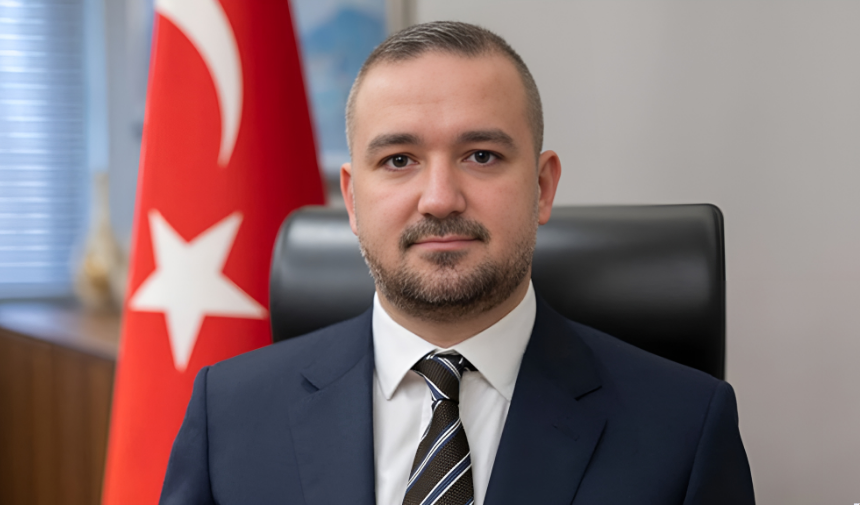HIV/AIDS is a serious health problem affecting millions of people worldwide. Antiretroviral therapy (ART) and patient care play a critical role in controlling HIV infection and preventing the progression of AIDS. However, HIV/AIDS treatment and patient care includes not only medical but also psychosocial support and preventive procedures. In this article, the importance of antiretroviral therapy, preventive procedures and psychosocial support methods in the treatment of HIV/AIDS will be discussed. It will also focus on the challenges faced by individuals living with HIV/AIDS and the strategies used to overcome these challenges.
Antiretroviral Therapy (ART): The Foundation of HIV/AIDS Treatment
Antiretroviral therapy (ART) is a fundamental approach to the treatment of HIV/AIDS. ART controls HIV infection, slows the progression of the virus and prevents the development of AIDS. ART strengthens the immune system of people living with HIV and reduces disease-related complications. It also plays an important role in public health by reducing the risk of HIV transmission.
ART consists of various drug combinations and patients need to take this treatment regularly for life. The success of ART depends on taking the drugs regularly and correctly. Therefore, it is important that people living with HIV adhere to treatment and have regular medical check-ups.
Preventive Measures: Measures to Prevent HIV Transmission
Preventive actions include measures taken to prevent HIV transmission. These measures are critical for both people living with HIV and people at risk of HIV infection. Preventive actions provide an effective strategy to prevent the spread of HIV in the community.
Preventive actions include condom use, safe injection practices and sexual health education. In addition, preventive antiretroviral therapy (PrEP) is available for individuals at risk of HIV infection. PrEP is a preventive medication that individuals at high risk of HIV infection can use to prevent HIV transmission.
Psychosocial Support: Support Mechanisms for Individuals Living with HIV/AIDS
People living with HIV/AIDS need psychosocial support in addition to medical treatment. Psychosocial support helps to overcome the emotional, social and psychological challenges of living with HIV/AIDS. People living with HIV/AIDS can face challenges such as social stigma, isolation and mental health problems.
Psychosocial support helps people living with HIV/AIDS cope with these challenges. This support includes a variety of methods such as counseling services, support groups and access to community resources. Psychosocial support helps individuals to accept themselves, strengthen their relationships and combat social stigma.
The Future of HIV/AIDS Treatment and Patient Care
HIV/AIDS treatment and patient care are constantly evolving with medical and technological advances. New antiretroviral drugs and treatment approaches are being used to control HIV infection more effectively. In addition, more comprehensive psychosocial support services are being developed to improve the quality of life of people living with HIV/AIDS.
In the future, HIV/AIDS treatment and patient care will be better tailored to the needs of individuals and more effective strategies will be implemented to protect public health. This is critical to prevent the spread of HIV/AIDS and ensure that people living with HIV can lead healthy lives.



